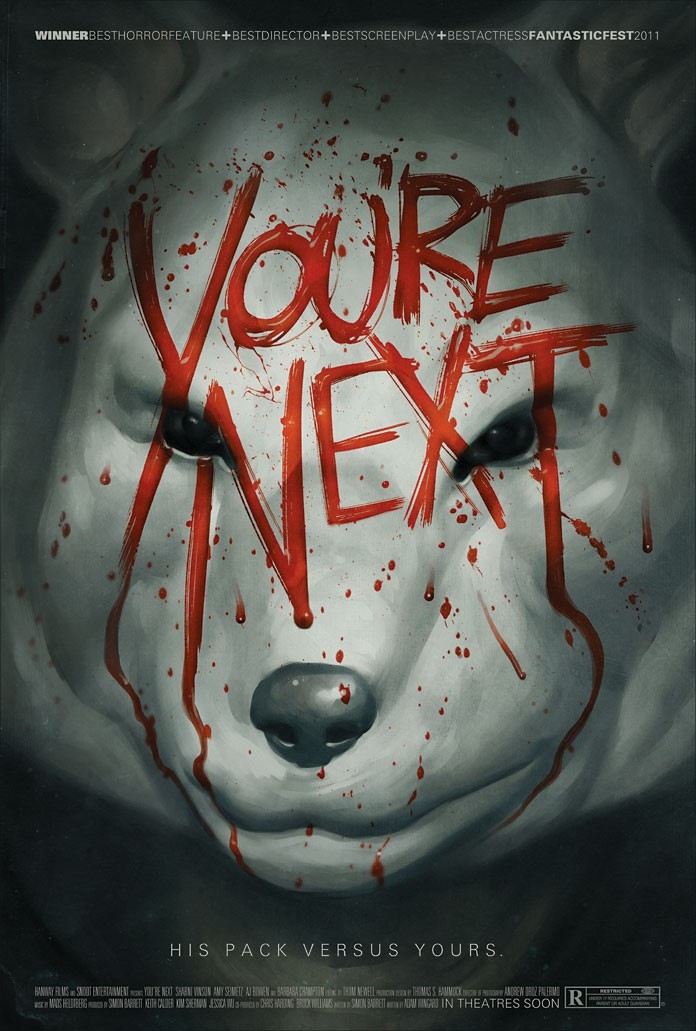
Thor: The Dark World
At this point the Marvel train is moving full speed ahead
and is not likely to stop anytime soon. “The Avengers” and “Iron Man 3”
certified that the Marvel Cinematic Universe is here to stay, and now it is up
to the other Avengers to keep the ball rolling. Luckily, “Thor: The Dark
World,” while nothing Earth-shattering, is up to the task against the rising
expectations of this ambitious series.
The ever-branching story picks up right after “The Avengers”
with Loki being imprisoned for his actions, and then jumps to some time later.
Back on Earth, Jane and Darcy discover a mysterious substance in London called
the Aether that latches onto Jane. The reemergence of the Aether after
thousands of years awakens the Dark Elves in deep space, who wish to control
the Aether for regaining power over all the worlds. Thor, whose grandfather
once defeated the elves in their attempts long ago, senses Jane is trouble and
returns to her aid, although he may need help from an unlikely ally in this
struggle.
Of all the Avengers characters, Thor is certainly the
toughest to digest even after “The Lord of the Rings” brought greater
popularity to the fantasy genre. Marvel and director Alan Taylor (carrying over
his “Game of Thrones” experience) realize this by emphasizing the spirited
adventure over potentially plodding melodramatics. Humor is in high supply
here, and many of the most memorable scenes are the funny bits, particularly
when one familiar character makes a surprise appearance.
Not so surprising is the highlight of the Thor/Loki brother
relationship. As charismatically gruff as Chris Hemsworth is as the title
character, Tom Hiddleston has arguably eclipsed him at this point as the mischievous
sibling. One almost wants to root for Loki to win instead. Natalie Portman gets
more to do this time as Jane too; not only is her chemistry with Hemsworth more
refined but Jane even plays an important role in the inventively cool, portal
hopping climax.
A big dent in this movies armor is the villain Malekith
played by the wasted Christopher Eccleston. Malekith defies being labeled as a
character and functions more as a plot device driving things forward, so much
so that even calling him one-dimensional feels generous. Imaginative costumes
and production design on the Elf front can only go so far. If it weren’t for
the high energy and fun infused into the battle scenes they would fall flat
from the paper-thin villainy.
Other small issues arise like plot contrivances and holes
wondering how this connects to that. Mileage for Kat Dennings will vary for
many (though I generally found her funnier and more useful here than in the
first “Thor”), and the same goes for the final scene. It is to the credit of “The
Dark World” that it works so well in spite of these holdbacks. It proves that a
little gusto and a deftly light touch can go a long way in smoothing over rough
edges.
3/4



